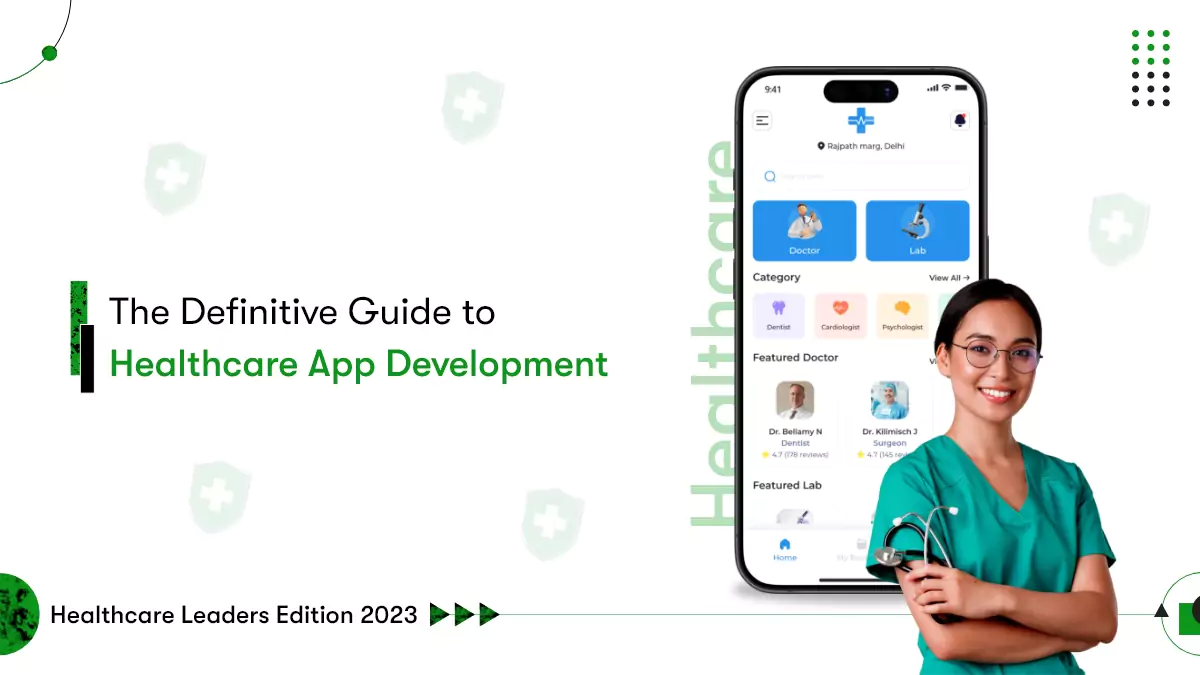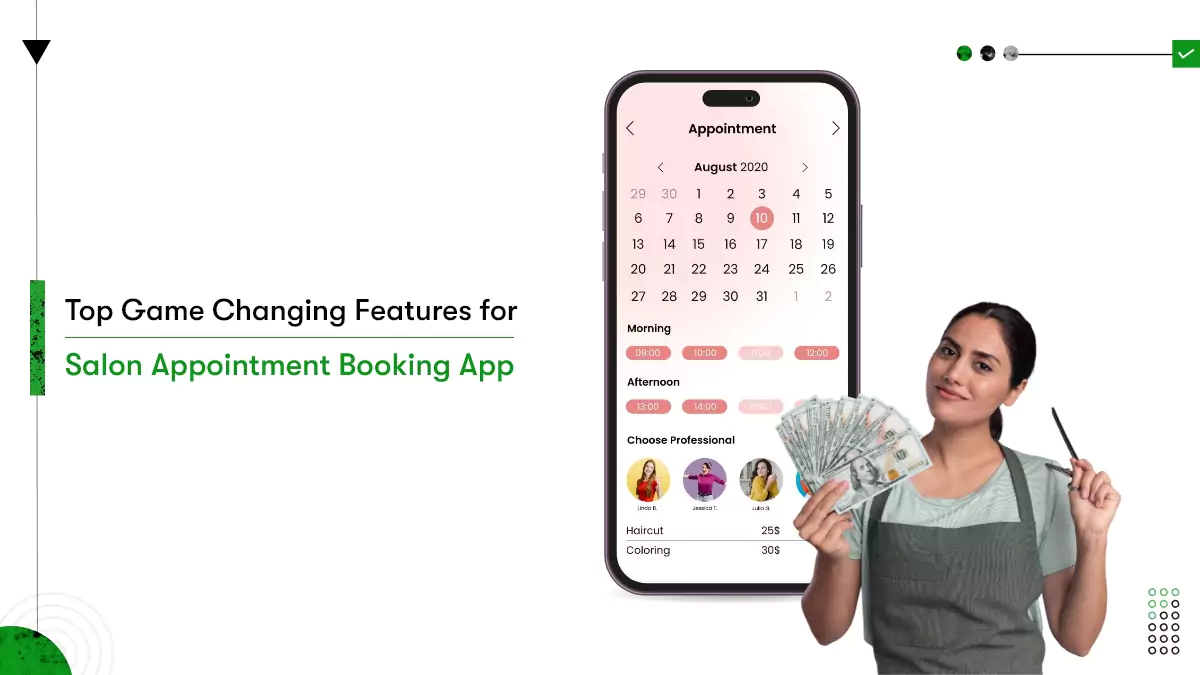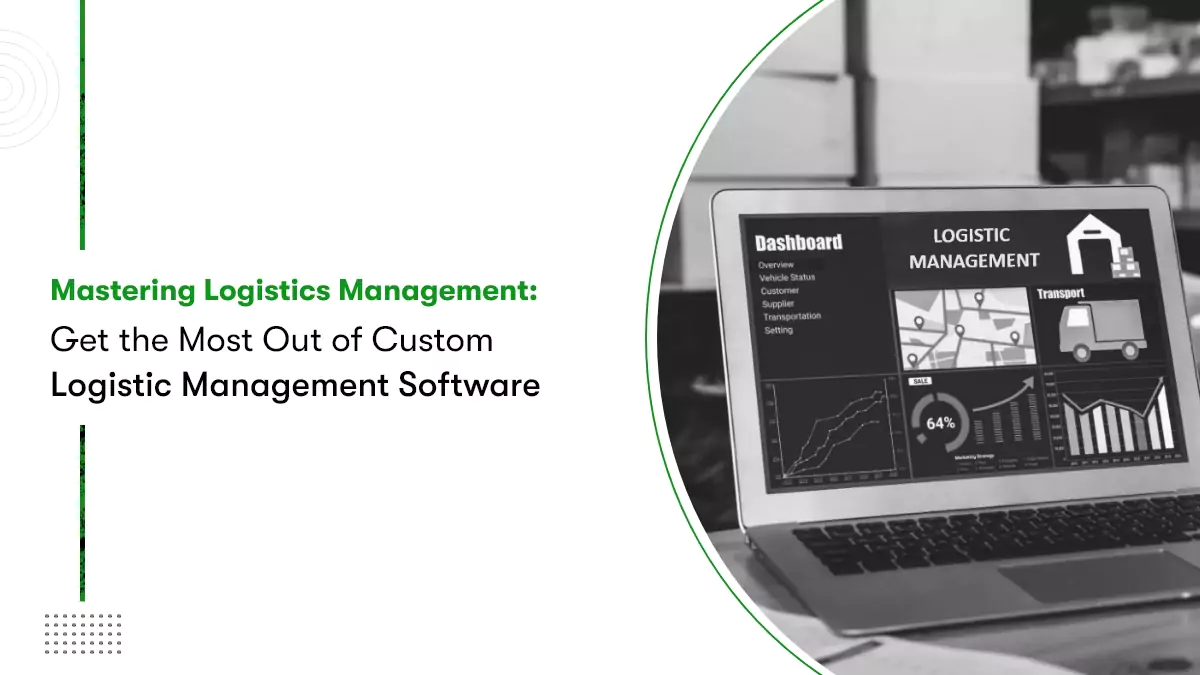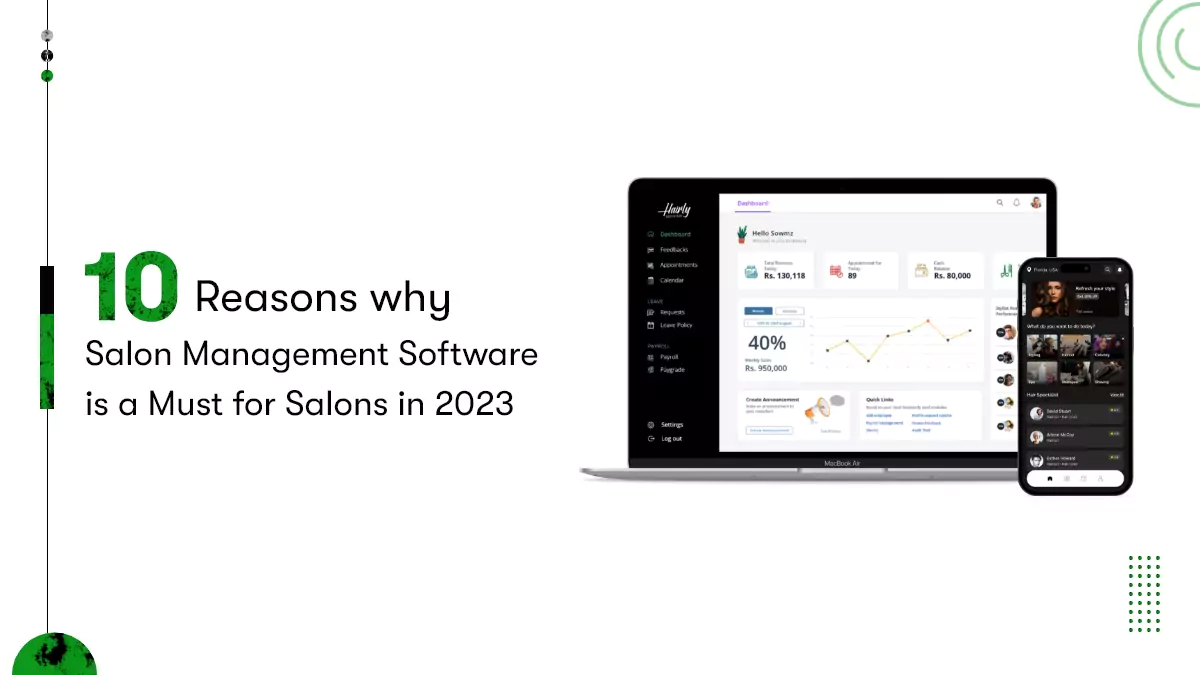When technology meets education, the results are revolutionary. If you have never heard of the term ‘edtech’ or don’t have enough clarity about it, we will describe it very simply. So, edtech is an ecosystem where technology is deployed to assist the delivery of education. Education technology combines IT tools and education practices that enhance learning and create a more engaging, inclusive, and individualized learning experience.
Today’s classroom has moved beyond the old traditional setup of a blackboard, desk, and chairs. Today, with the invention of edtech, technology has taken over, and new edtech tools are changing the classrooms in various ways.
Who would have thought technology would enable using robots in education? Well, no matter how strange it sounds, it’s happening today. Edtech robots are making education much more fun for the students. They make it easy for the students to stay engaged through fun forms of learning. Moreover, IoT devices are creating digital classrooms for the students as they can now study from anywhere.
These edtech tools and many others are creating an environment of scalable individualized learning. Moreover, these edtech technologies make it easier for teachers to design tailored lesson plans and learning experiences that promote inclusivity.
Because of the many benefits of edtech technology, developing edtech apps is rapidly becoming a great startup and business idea for many businesses. Entrepreneurs around the globe are curious to know what it takes to create an edtech of their own.
Developing an app is a tedious and lengthy task, and one of the important decisions for edtech startups is choosing the right business model for their business startup. The edtech apps models have shaped to be the most lucrative and luring business models over the years. In this blog, we will go through edtech business models and discuss them one by one.
How to choose the right edtech startup business model?
Always remember to focus on a few factors and then only decide on the right business model for education startups. Let’s see which factors we are talking about.
Your targeted customer base
The first thing to consider is your targeted customer base. Different customers have different buying habits, and that’s why it’s important to think about who you are targeting. Are your targeted audience consumers, educational institutions, or someone else? Once you understand your targeted audience, you will be able to serve them better and cater to their needs well.
Where the customers are based
The location of the customers also matters in deciding the edtech business model. Different regions have different popular revenue models, and therefore, considering the location help in deciding better. Moreover, different countries have restrictions regarding sales tax on software and security on recurring payments, which should be considered while making your decision.
Business stage and growth plans
If your primary focus is on reaching out to more and more users, then your revenue model should fulfill that and help you reach more users worldwide. However, if your focus is on retaining your existing customers, some other business model would be appropriate for you. Thus, the business stage, goals, and plans also play a significant role in deciding the edtech business model.
We hope the above-mentioned points somehow help you to choose the right business model for your next revolutionary edtech project. Now, we will move ahead to the main topic of discussion- the types of edtech business models and which one is the best among them for edtech startups. So, shall we begin?
Read more: top 10 education app ideas to invest your time and money in 2022 and beyond.

Types of edtech startup business model- which one to choose?
There has been a huge increase in the demand for edtech apps since the pandemic. The pandemic sparked innumerable innovative ideas in the edtech app development, and thus, the search for the right edtech business model began.
So, let’s look at some of the well-known edtech startup business models used by existing edtech apps and pick the most suitable one among them.
Freemium business model
Freemium is one of the most popular business models among startups. This business model receives unconditional support from the developers and business owners alike. In a freemium model, you provide a free version of the product or service to the users. It is one of the most popular and sought-after business models for startups as it allows them to establish their trust in the brand and become a market leader quickly.
When it comes to edtech apps using this model, Coursera is a prime example. Initially, Coursera offered free courses on a variety of topics. It even provided an option to pay for a certificate. In just a few years, with an investment worth $210 million, it became an edtech powerhouse.
Recently in 2020, Coursera gained around 30 million new users, but it still reported a ness loss of $67 million. So, what led to this loss? Well, there are a few challenges of a freemium business model that you must know. So, here they are.
- A lot of money is required to acquire and support a large number of users for free.
- Converting the free users is more challenging than it seems like.
To minimize the chances of loss in the freemium model, you can charge a small amount for your basic plan to filter the freeloaders and convert more and more users with a subscription model later on.
Free trial + paid subscription
This approach is somewhat similar to the freemium model but with a slight difference. The only difference is that you provide free services, but only for a limited time. Once the trial runs out, the users can either stop using the app or purchase an upgrade. In some cases, users will generate early revenue, especially if the free trial automatically changes to a paid subscription after a while.
In this business model, the customers will willingly continue the service and buy the subscription model if the services are valuable. Thus, the free trial period is a crucial time for businesses to convince the users and make them trust their services.
Among the edtech apps, Mystery Science is using the free trial + subscri[ption model successfully. It uses the free trial model to help kids learn science and fall in love with it. They offer several free lessons on science-related topics and make the learning fun and engaging.
Thus if Mystery Space can use this eLearning business model, so can you. If this business model seems convenient and profitable, you can choose this for your edtech startup business.
Edtech marketplace
Some edtech marketplaces have enough resources to produce educational content at scale. This is the reason behind the growing popularity of the edtech marketplace business model. If you want to host learning materials from a variety of sources, a marketplace model can be the best option.
The idea behind this business model is quite simple. It is to develop a platform where creators can earn money from the educational content and take a share of the revenue in return.
One of the world’s most valuable edtech companies is Udemy which is worth $ 3.3 billion. Thousands of third-party courses are hosted and available on the platform. Moreover, it also includes a complete set of tools for creating, marketing, and monetizing learning resources.
Although posting a course on Udemy is free, it does take 50% of the creator’s revenue.
You can either follow the revenue sharing model of Udemy or use other revenue sharing models like charging a fee for hosting a course or taking a certain amount earned in the beginning, and so on.

Advertising + ads-free subscription
An advertising model involves monetizing the product through ad space on your product or platform rather than targeting the users. In most cases, this type of model is used alongside a freemium model.
Perhaps Spotify is one of the most successful apps using the ad-based model as it plays ads in between the songs and then asks the users to pay a subscription fee to enjoy ad-free music.
In the edtech industry, the language learning app Duo lingo has made the best use of this business model by taking it to the masses with around 40 million active users.
Duo lingo started back in 2009, and back then, this business model was considered to be unique. Later, Duo lingo started showing ads at the end of lessons and provided an option to pay a certain amount for an ad-free learning experience.
Thus, Duo lingo is a prime example of how advertising and the ads-free subscription together make up for a good education business model.
Enterprise/ B2B model
The enterprise model involves pitching the product to decision-makers with large organizations. The Contracts often have a set period, a set value, and a renewal option at the end of the term.
The benefits of this type of business model are twofold- large deals for early revenue and long-term partnerships to produce high-value content for the B2C sectors.
One edtech solution Udacity is currently using this business model. It is a $1.1 billion platform that hosts both businesses and users. Udacity has a successful B2B model, which makes on-site training possible for corporate clients. By combining B2B and B2C models, Udacity managed to increase its revenue by 260% in 2020.
Pro tip- don’t forget to integrate predictive analysis in your edtech app.
The business models mentioned above are the highly preferred ones used by the top edtech apps and platforms globally. The edtech business models may vary from one app to another but do you know what all the edtech apps have in common? It’s predictive analytics. You can read how predictive analytics improve students’ education and integrate this growing trend in your next edtech app.
Concluding it up
From the discussion above, one thing is pretty clear- the opportunities in edtech are endless. Yet, to succeed in this niche and to survive in the long run, it’s crucial to choose the right edtech startup business model. However, if you are not sure how to begin with the edtech or eLearning app development, here’s a detailed guide to educational app development for you. Check this out, meet an expert mobile app development team and start your journey now.
If you are looking for a skilled team of experts to implement your edtech business startup idea, you can feel free to contact us. You can hire expert mobile app developers to assist you in deciding on a business model and developing a successful edtech app.











 Contact Information
Contact Information